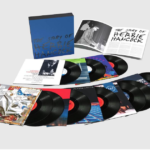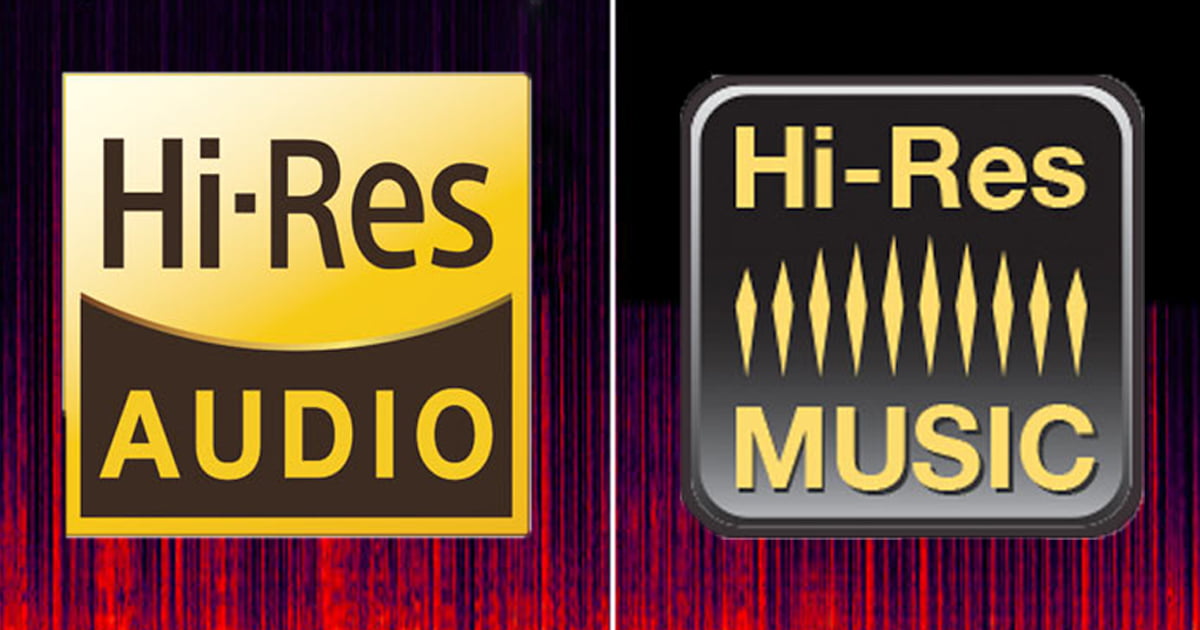It’s the time of year for saving money!
In many ways, luxury audio dealers have been forced to change with the times. In the 1950’s and 60’s, it was very simple – audio dealers were located in cities and town all across the USA, they mostly sold to a local customer base, and rare was the instance manufacturers sold direct. In fact, back then, they basically didn’t. Ever.
As times changed the audio hobby changed as well. When the iPod was introduced, how music was reproduced, stored, and what was important produced profound and dramatic changes to our little industry.
Portable devices, then and pretty much now, had one predominate goal – storage capacity. What started as a 1000 song capacity evolved into holding orders of magnitude more music. Sonics? Who cares? As long as someone could recognize the music and sing along with the words, things like clarity, accuracy and dynamics didn’t matter one whit.
Turntables and vinyl very nearly went the way of poodle skirts and rolling a pack of cigs up in your T-shirt sleeve. Digital audio, born in the early 80’s became the de facto standard for recorded music. Cassettes became harder to find than free beer and reel to reel, which was never a major force, continued not to be.
What really transformed the high performance audio business was the Internet. Now buying gear was no longer relegated to the guy on the corner whose shop you had visited a million times. Now you could buy from anywhere in the country with a web site. Manufacturers enacted territories arbitrarily and, always desperate to make a sale, willingly ignored them for a large enough potential purchase.
Dealers, under constant pressure to remain profitable, started closing. It is certainly possible the age of the owner, or their willingness to keep fighting the fight precipitated the numbers of dealers who closed. Maybe they couldn’t survive on the profits generated by a traditional business model.
Maybe it is time to change the business model.
It is very easy to blame the Internet for not making a sale. Some guy 2000 miles away sold it for less. Whoopee. But why the sale, and its resultant profits were lost in the first place might have been avoided if the selling process was more than about how much something cost. Maybe while not selling only a pair of speakers the customer who had called fifty places for a price, perhaps the better move is selling cables and other ancillary devices the customer may have never considered. Maybe the term “value added” might be practiced. Maybe it is time to learn a different way to sell.
There are a number of dealers who have changed their business model in novel ways. Some dealers didn’t even start out as a dealer – they started as a music store and then began carrying one or two used pieces of something. That grew until they also began marketing new gear. And if a customer was reluctant to buy a pair of speakers, maybe they picked up a used receiver for their kid and a handful of CDs and LPs for their own system. More importantly, when they wanted something new, very often they came back.
I’ve talked with dealers who have developed a relationship with a local school or college. They go into the classroom and actually talk to students about how music is made. The work with the students on understanding why things like resolution and dynamics are important – and how most handheld audio fails in the effort. They try to imbue upon the local youth the indominable difference between a cheap portable device and an entry level system that probably is not all that much more expensive.
Maybe it might also be an interesting idea to host a live musical event, coupled along with listening to an actual system. Show how remarkable a recording can sound if done correctly.
Consider audio shows. Remember them? 2019 seems like a lifetime ago. When you look at the participants in these shows, manufacturers predictably come first to mind. It might, therefore, come as a surprise that over the last few years, the number of dealers with rooms at shows has expanded enormously. They can meet more potential customers in three days than they will all year. Most importantly, they have far greater opportunity to make a sale.
Personally, I would like to see a greater number of smaller, more regional shows. Living in the Southeast finds me in one of the more populated areas of the country. Yet to my knowledge, the closest audio show to Charlotte is either in Florida or Maryland, neither of which I consider to be local. What is wrong with a show in Altana? It would make it easier and less expensive for dealers to participate and connect with their prime market – audiophiles.
Audio dealers have a distinct advantage over a manufacturer selling direct. One, they can get to know their customers preferences and make recommendations that fulfill their goals. Two, they are knowledgeable about a wider variety of equipment and, most importantly, how well or adversely different manufacturers equipment will interact. And three, dealers are a local source and can come to the customer’s home if there is a problem. They can be a trusted partner in working to provide the best system possible given pricing constraints and the mandates of other family members – something with which many, many audiophiles can identify.
All it takes is the right dealer with a sharp focus on the future.
My crystal ball is no clearer on the future of audio than anyone else’s. I can make predictions with not a glimmer of expectation any of them will come true. However, I do feel our hobby is not destined for obscurity because a bunch of gray-haired old men got too old to listen to music. I see our hobby as being at a crossroads of sorts. Do we make changes, perhaps seismic changes to preserve our future, or do we continue stumbling down a darkened path because “that’s how it’s always been done?”
We’ll have to wait to find out.
















The biggest issue for most dealers is the large amount of talking heads on the internet who talk about gear, never measure anything, but pontificate to be a social media influencer. This was not done when I bought my first system in 1971, the dealer did it, but I also had the chance to audition the gear and hear it myself. In these pandemic times that has all gone away. I feel for dealers who have made a sizable investment in inventory who are somewhat trivialized by all of this.
I do enjoy the science of those who actually test gear and provide a needed service to expose bad engineering, and some who even offer solutions to make something better. This is most true in loudspeakers where too often these days cheap cross-over parts are used in a poorly designed network that does not match the drivers. It is sad how much bad speaker engineering is going on. Heck, we even have turntables that can’t spin at the right speed.